
This week, children across the UK should be back in school, which is a welcome step towards returning to something resembling normality. The NSPCC has new Childline analysis on children’s feelings about going back to school.
Today, the charity has released a powerful film detailing the work they’ve been doing to support children and families throughout the pandemic, watch here.
Childline data
- [23 March – 31 August] Childline delivered 4,510 counselling sessions with children and young people concerned about returning to school or college – on average 28 per day.
- Over a third (34%) of counselling sessions about returning to school or college were in August.
- Mental health remains the top concern for children and young people contacting Childline
- Since lockdown, there have been 32,183 counselling sessions for support with mental and emotional health issues – averaging 210 every day.
Snapshots from Childline contacts
“I’m really worried about going back to school. I should be taking my GCSE’s next summer and I am worried I am going to fail them all because of home schooling. I am also worried about putting my parents at risk of getting Covid-19 when I am back at school as there’s more than 1000 of us there and my parents are both high risk and have been shielding. I have to use public transport to get to school and go from building to building, walking past loads of other people who could have the virus without showing any symptoms.” (Girl, aged 15)
“My mum and dad have been arguing all the time and I worry about their relationship. I’m finding it hard to cope at home and I don’t have anyone I can speak to. I miss seeing my friends and teachers, I can’t wait to go back to school.” (Girl, aged 10)
Why children contacted Childline about returning to school/college
Young people concerned about returning to school/college:
- Worried about being behind with school work due to home schooling and how this will negatively impact their future exams.
- Worried about catching Covid-19 and making themselves and family members ill, with particular concerns around using public transport to get to/from school.
- Falling out with friends during lockdown (usually via online gaming or social media) and worried about how things will be when they see each other again.
- Feeling unsure about what to expect when returning to school, with new rules around social distancing, play times etc.
- Those who had been bullied at school were scared and worried about the bullying resuming when they returned having had some respite since lockdown
- Young people talked about their mental health, eating disorders and self-harming behaviours which for some had worsened through lockdown. They shared their worries about not being able to cope being back at school; people at school noticing they looked different (weight gain during lockdown was something that many young people felt very anxious about) and people noticing self-harming scars.
Young people who were pleased to go back to school:
- Some young people talked about feeling angry and confused being at home, some explained they didn’t realise how much school played a huge part in their life.
- Young people talked about feeling safer being at school.
- Young people who talk about parental conflict at home often describe feelings of fear, anger, anxiety, sadness and suicidal ideation.
- Some young people told us they missed being with their friends and/ or talking to their teacher(s) at school.
Shaun Friel, Head of Childline at the NSPCC, said:
“The Coronavirus pandemic has caused massive disruption to children’s education, causing heightened worry and anxiety about their future and contributed to nervousness about returning to school.
“For many there will also have been additional pressures at home caused by the stress, uncertainty and bereavement of the pandemic, and unfortunately we know some will have experienced abuse and neglect.
“It’s vital Childline can continue to be there to ensure that young people are supported to cope and recover from the aftermath of this crisis.”
Dr Ranj Singh, an NSPCC supporter said:
“Lockdown has been difficult for everyone, especially vulnerable children and young people. That’s why it’s important, particularly for their mental health, for children to get back to school safely.
“However it’s completely understandable that they may be worried about this. If any young person is anxious or struggling then they should speak to a trusted adult or a service like Childline, which can be accessed by phone or online. Everyone is here to help make things better.”
Children returning to their classrooms is a necessary step if their world is to return to normal. However, we know that this may be a change that is worrying for many children and families.
Advice for parents
- Encourage your child to talk to you or another trusted adult about how they’re feeling
- You might notice some changes in your children's behaviour, such as bedwetting, mood swings, or changes in their appetite or sleep patterns. It takes time to adjust to change and children may need lots of support and reassurance to help them through it.
- Rolling news and social media can cause a lot of anxiety. Remind children of the facts and explain what false or sensationalised information is.
- Share Childline’s Calm Zone with children of all ages. It’s designed to help children find what works best for them – whether that’s breathing exercises, activities, games or videos to help let go of stress.
- Or, if you’d like to speak to a trained professional you can contact our Helpline. Our staff can help with any concerns relating to the coronavirus crisis and its impact on children. You can call Monday to Friday 9am – 6pm or 9am – 4pm at the weekends, or email us.
Advice for children
- Talk to a teacher, parent or carer
- Get support from your peers through our message boards
- Talk to Childline
- Find out how to be assertive so you can stand up for yourself
- Use the Art box to draw a picture of how you feel and what you want to change
- Read our top tips for making friends


 Hundreds of well-dressed ducks gear up for Chester Duck Race
Hundreds of well-dressed ducks gear up for Chester Duck Race
 Police appeal for witnesses to fatal collision in Elton as family pay tribute
Police appeal for witnesses to fatal collision in Elton as family pay tribute
 MATCH REPORT: WYTHENSHAWE 4 - 2 CHESTER FC WOMEN
MATCH REPORT: WYTHENSHAWE 4 - 2 CHESTER FC WOMEN
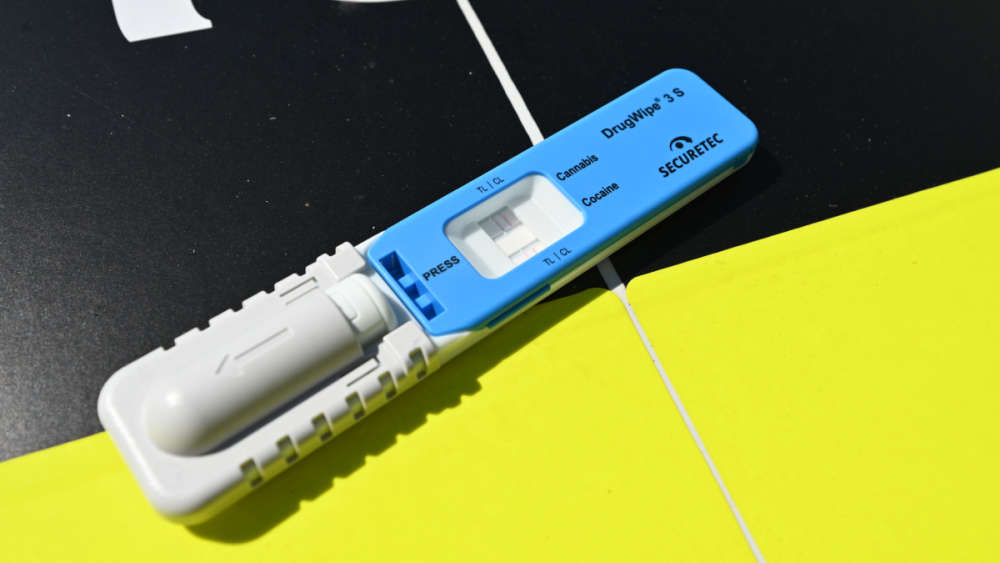 Cheshire Police among top performing forces for tackling drink and drug driving
Cheshire Police among top performing forces for tackling drink and drug driving
 ROLES UP FOR GRABS AS CURTAIN SET TO RISE ON THEATRE COMPANY'S NEW PLAY
ROLES UP FOR GRABS AS CURTAIN SET TO RISE ON THEATRE COMPANY'S NEW PLAY
 Pink Floyd: The Dark Side of the Moon returns to Jodrell Bank
Pink Floyd: The Dark Side of the Moon returns to Jodrell Bank
 Welsh Water presents to Chester Residents Associations about pollution in the River Dee
Welsh Water presents to Chester Residents Associations about pollution in the River Dee
 SOLOISTS SET TO SHINE DURING SPECIAL CHESTER PERFORMANCE OF HANDEL'S MESSIAH
SOLOISTS SET TO SHINE DURING SPECIAL CHESTER PERFORMANCE OF HANDEL'S MESSIAH
 Chester and Wirral Football League - Latest Results
Chester and Wirral Football League - Latest Results
 BLUES MATCH REPORT - BRACKLEY TOWN 3 - 1 CHESTER FC
BLUES MATCH REPORT - BRACKLEY TOWN 3 - 1 CHESTER FC
 Inspired Villages complete a 7,500-Mile Charity Cycling Challenge in aid of PROSTaid UK
Inspired Villages complete a 7,500-Mile Charity Cycling Challenge in aid of PROSTaid UK
 Jail term for man who stalked Chester's MP
Jail term for man who stalked Chester's MP
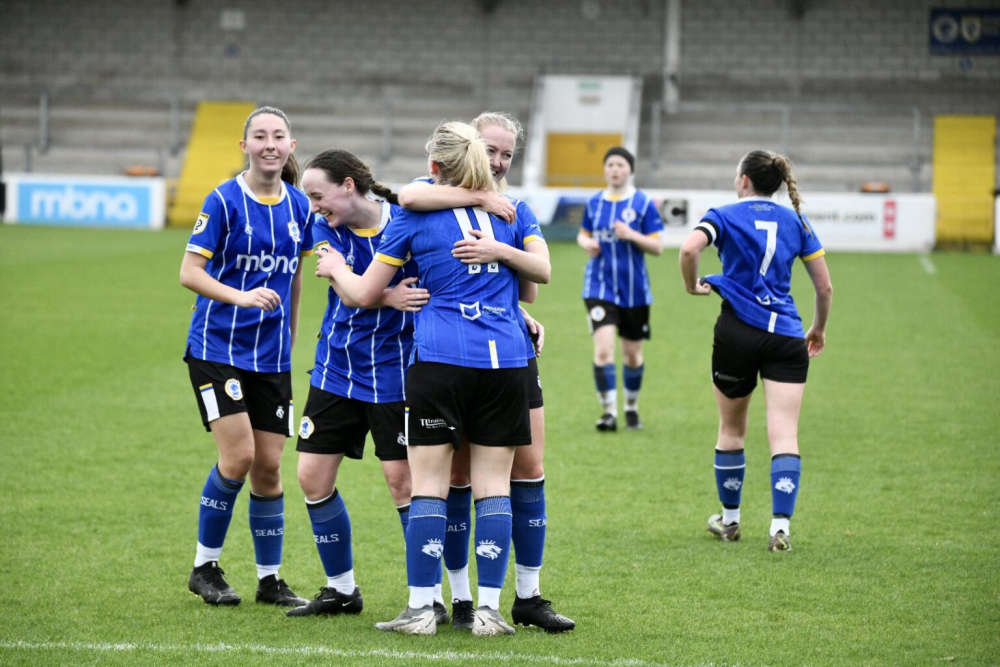 CFCW MATCH PREVIEW: WYTHENSHAWE v CHESTER FC WOMEN
CFCW MATCH PREVIEW: WYTHENSHAWE v CHESTER FC WOMEN
 BLUES MATCH PREVIEW: BRACKLEY TOWN v CHESTER FC
BLUES MATCH PREVIEW: BRACKLEY TOWN v CHESTER FC
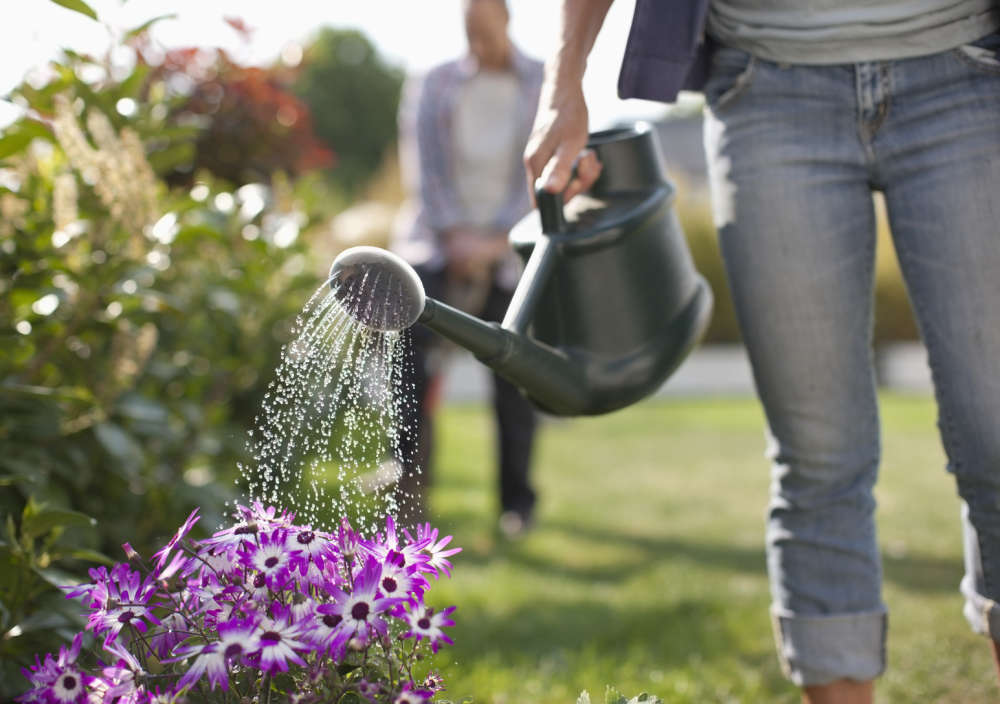 How to keep your garden healthy during hotter summers
How to keep your garden healthy during hotter summers
 RainbowBiz CIC Announces Leadership Transition
RainbowBiz CIC Announces Leadership Transition
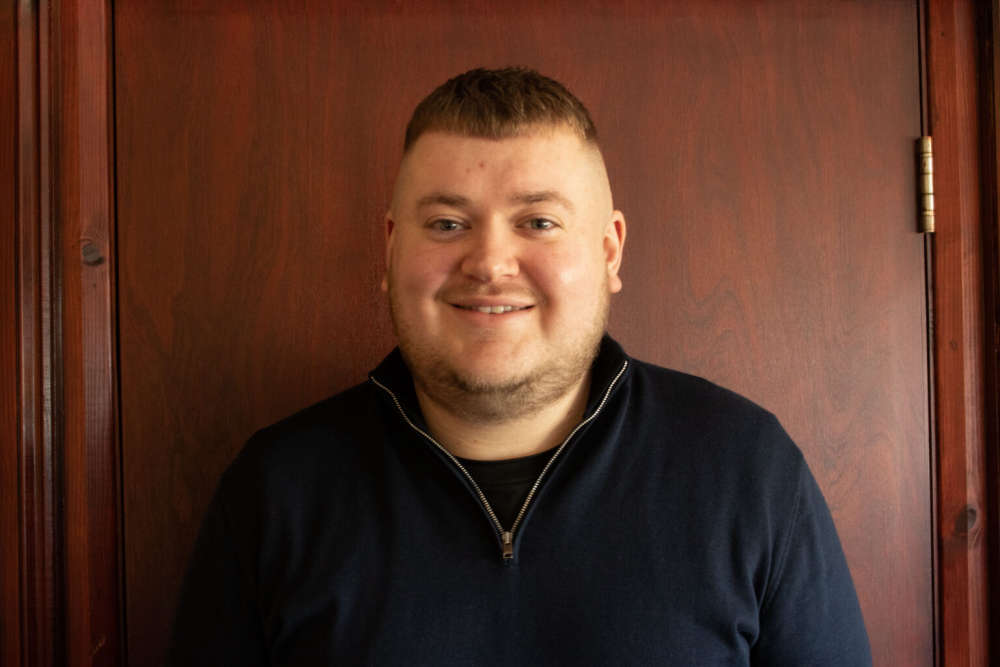 AN UPDATE FROM THE CHESTER FC'S GENERAL MANAGER
AN UPDATE FROM THE CHESTER FC'S GENERAL MANAGER
 Speeding motorists to face interrogation from school children
Speeding motorists to face interrogation from school children
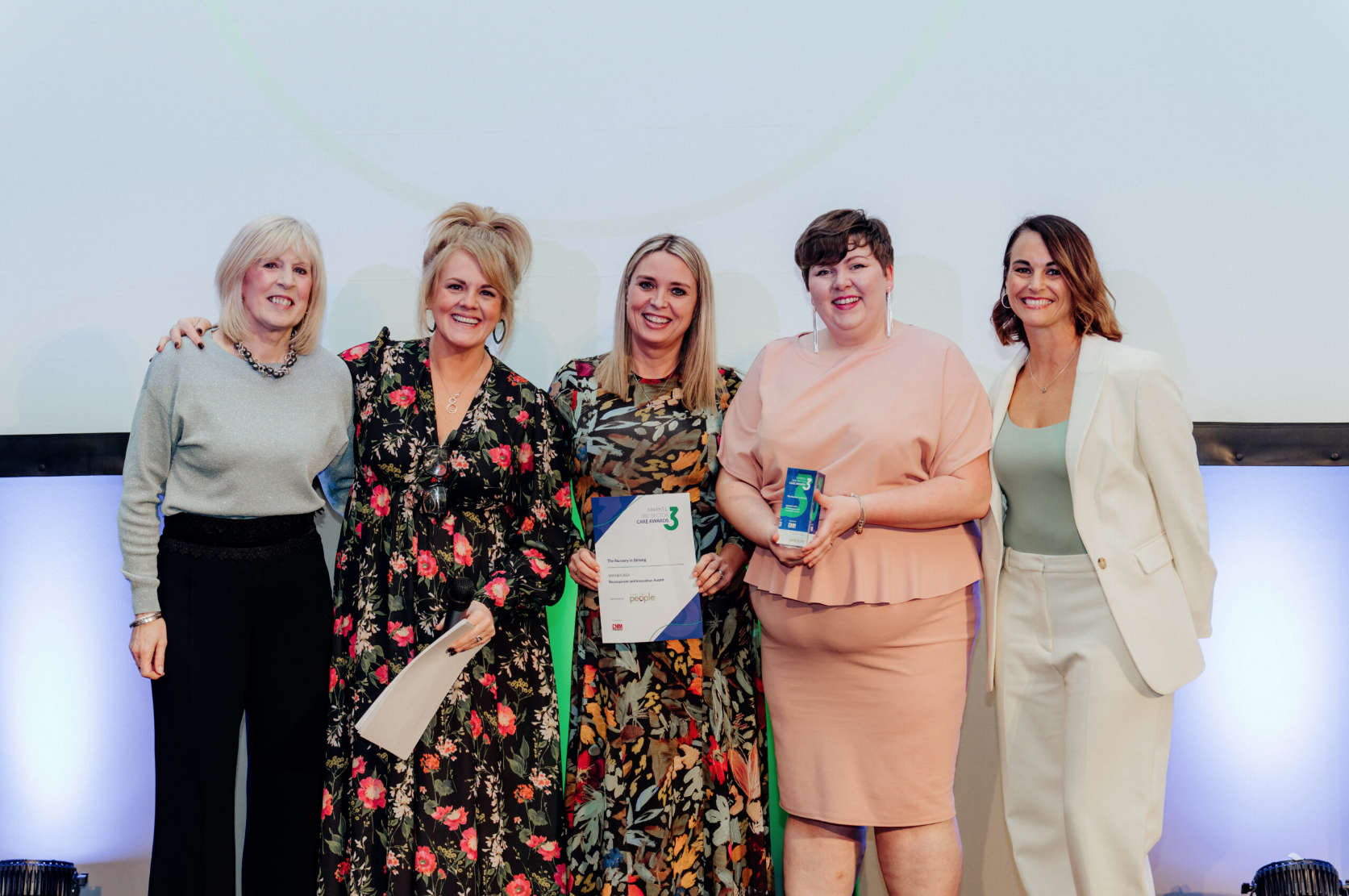 Intergenerational care village with nursery scoops top award for innovation
Intergenerational care village with nursery scoops top award for innovation
 Chester Zoo is the UK’s top zoo, according to new Tripadvisor rankings
Chester Zoo is the UK’s top zoo, according to new Tripadvisor rankings